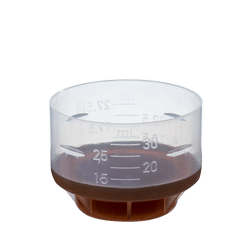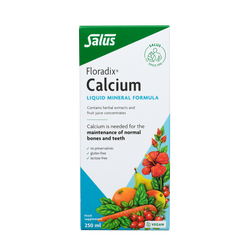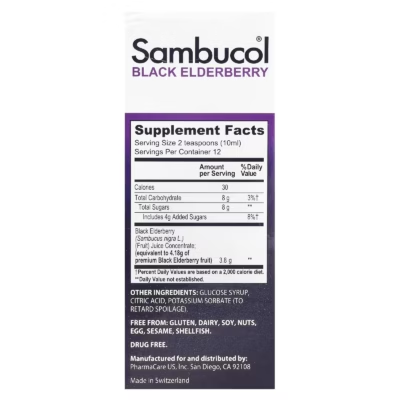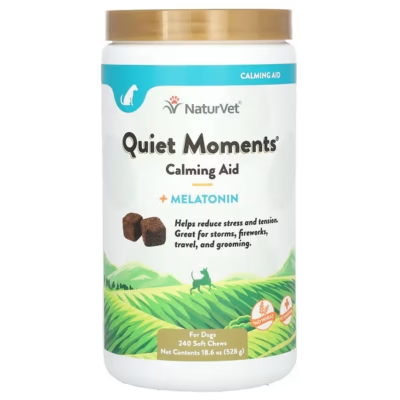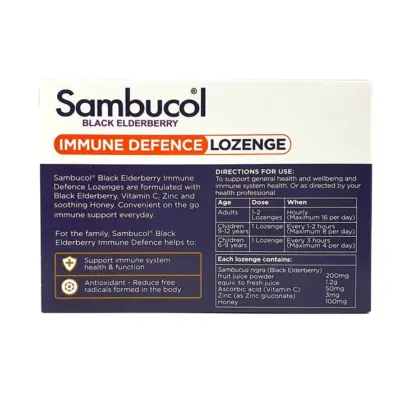Aromatherapy for Better Sleep: How Essential Oils Can Calm Your Mind and Restore Restful Nights
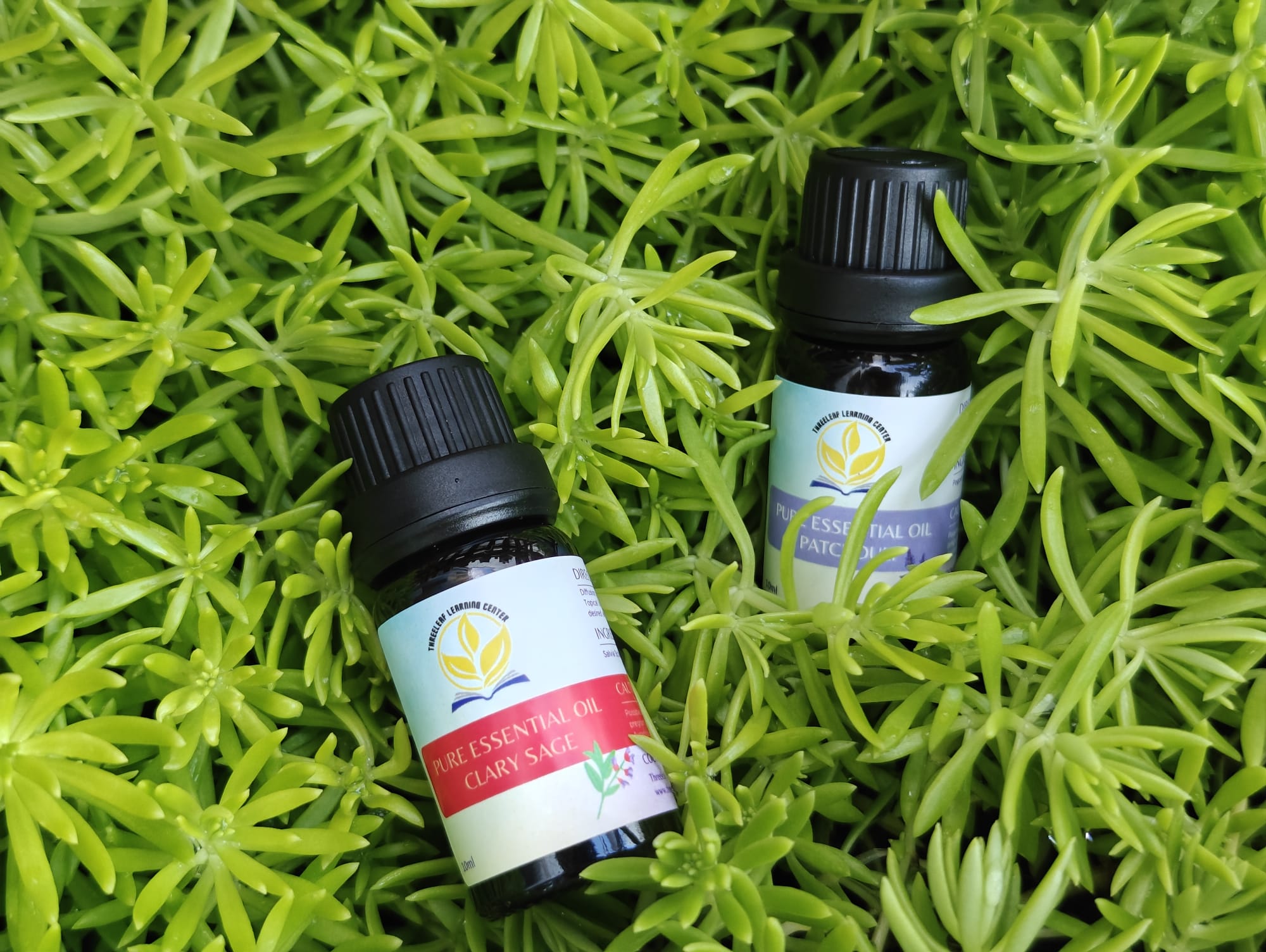
Aromatherapy for Better Sleep: How Essential Oils Can Calm Your Mind and Restore Restful Nights
Do you often find yourself tossing and turning at night, your mind still racing long after you’ve turned off the lights?
You’re not alone. In today’s fast-paced world, many people struggle with poor sleep quality caused by stress, overthinking, or inconsistent routines.
Thankfully, nature offers a gentle yet powerful way to relax the mind — aromatherapy for better sleep.
Aromatherapy uses the therapeutic properties of essential oils to promote relaxation, balance emotions, and enhance overall well-being.
When used before bedtime, certain essential oils can help slow your thoughts, reduce anxiety, and create a peaceful environment for deep, restorative rest.
Understanding Aromatherapy and Sleep
Aromatherapy works by stimulating the olfactory system — the part of your brain that processes smell and connects directly to the limbic system, which governs emotions and memory.
When you inhale calming scents like lavender or chamomile, your brain releases neurotransmitters such as serotonin and dopamine, promoting feelings of relaxation and comfort.
Over time, incorporating aromatherapy into your bedtime routine can help condition your body to associate these scents with sleep, making it easier to unwind and drift off naturally.
Top Essential Oils for Better Sleep
Each essential oil carries its own unique blend of natural compounds that influence the body and mind. Here are some of the most effective essential oils for sleep and relaxation.
1. Lavender (Lavandula angustifolia)
Often called the “queen of calm,” lavender oil is one of the most researched essential oils for sleep and stress relief.
It helps to lower heart rate, relax muscles, and reduce anxiety — making it ideal for bedtime use.
Studies show that lavender aromatherapy improves sleep quality and reduces insomnia symptoms naturally.
2. Roman Chamomile (Anthemis nobilis)
Chamomile is known for its gentle, apple-like aroma and soothing effects.
It’s excellent for those who have difficulty falling asleep due to restlessness or overactive thoughts.
Chamomile also supports emotional balance, helping to release tension from a long day.
3. Bergamot (Citrus bergamia)
Though part of the citrus family, bergamot has an unexpected calming quality.
Its refreshing yet relaxing scent helps reduce cortisol (stress hormone) levels and improve mood — a perfect pre-sleep addition for those who feel anxious or mentally tense.
4. Cedarwood (Cedrus atlantica)
Cedarwood has a rich, woody aroma that creates a sense of grounding and security.
It’s particularly useful for people who feel emotionally drained or mentally scattered.
Cedarwood supports the release of melatonin, your body’s natural sleep hormone.
5. Ylang-Ylang (Cananga odorata)
Sweet and floral, ylang-ylang helps slow down a racing heart and bring emotional calm.
Its sedative properties can reduce high blood pressure and promote deep relaxation before bed.
How to Use Aromatherapy for Better Sleep
Aromatherapy can be enjoyed in many ways depending on your preferences and nightly routine. Here are some gentle methods to incorporate essential oils for sleep:
- Diffuser: Add 5–8 drops of a calming oil blend to your diffuser 30 minutes before bedtime to scent your room naturally.
- Pillow Mist or Sleep Patch: Spray diluted oils onto your pillow, or apply a sleep patch on your clothing for slow, sustained aroma release overnight.
- Warm Bath: Mix 3–5 drops of essential oil with carrier oil (like olive or jojoba) and add to your evening bath for full-body relaxation.
- Roller Blend: Apply diluted oils on your temples, wrists, or behind the ears before bedtime for soothing inhalation.
Always dilute essential oils properly and avoid direct contact with the skin for highly concentrated oils.
For long-term benefits, consistency is key — make aromatherapy a nightly ritual, not an occasional indulgence.
Aromatherapy Sleep Blend Recipe
Try this relaxing blend before bed to calm your senses and signal your body that it’s time to rest:
| Essential Oil | Drops | Benefits |
|---|---|---|
| Lavender | 4 drops | Promotes calm and deeper sleep |
| Chamomile | 3 drops | Relieves tension and anxiety |
| Bergamot | 2 drops | Balances emotions and soothes stress |
Combine the oils in a diffuser or mix with 10 mL of carrier oil to create a gentle roller blend.
Use nightly for consistent results.
The Science Behind Aromatherapy and Sleep
Research supports the use of aromatherapy in improving sleep quality and reducing anxiety.
Studies have found that inhaling lavender and chamomile essential oils can help reduce heart rate, lower blood pressure, and improve sleep duration —
particularly for those suffering from insomnia or chronic stress.
Unlike synthetic sleep aids, essential oils support relaxation naturally, without altering your body’s hormonal rhythm or causing dependency.
They can be combined with mindfulness or breathing exercises for even better results.
Creating a Sleep Ritual
Restful sleep isn’t just about what time you go to bed — it’s about how you prepare your body and mind.
Establishing a nightly aromatherapy ritual can train your senses to relax.
Turn off screens, dim your lights, and start diffusing your favourite essential oils 30 minutes before bedtime.
Try pairing aromatherapy with gentle stretching, journaling, or slow breathing.
This mindful approach can transform your bedtime into a soothing self-care ritual.
Experience the Power of Aromatherapy with ThreeLeaf
At ThreeLeaf Learning Center, we believe that natural wellness begins with small, intentional rituals.
Our essential oils and aromatherapy kits
are carefully curated to support emotional balance and better sleep.
🛒 Explore Essential Oils for Sleep
💬 Chat with Us on WhatsApp
Final Thoughts
Restful sleep is one of the most powerful gifts you can give yourself.
Through the calming scents of lavender, chamomile, and bergamot, aromatherapy offers a natural and effective way to unwind, reset, and sleep deeply.
Try introducing essential oils into your bedtime routine tonight — your body and mind will thank you in the morning.
Disclaimer: This article is for educational purposes and not intended to diagnose, treat, or replace professional medical advice.
Always use essential oils safely and as directed.




























